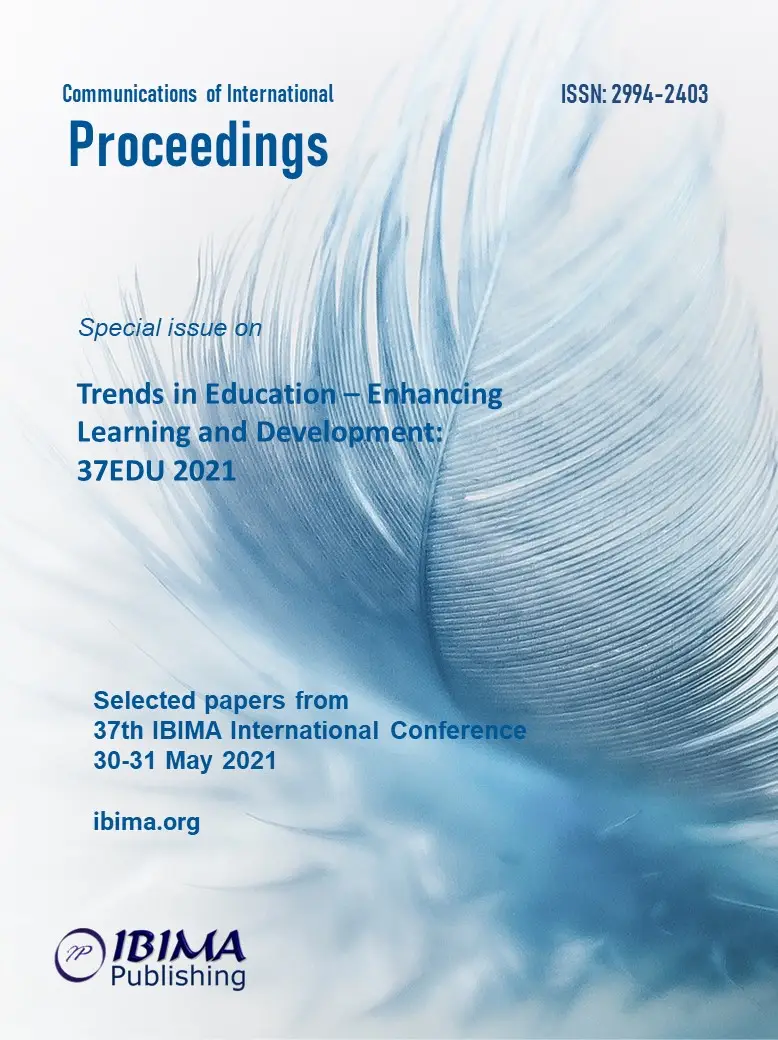

Elena V. IVANOVA, Olga A. IVANOVA, Svetlana B. VERESHCHAK and Anton K. KUZNETSOV
I.N. Ulyanov Chuvash State University, Russia

Purpose – the purpose of the research is to identify the peculiarities of the development of the organizational and legal foundations of higher education in the CIS countries, to analyze the merits and shortcomings of educational reforms, to consider the directions for the development of cooperation between the countries of the Commonwealth in the educational sphere. Methodology: in the process of research, a set of general scientific and private-scientific methods of knowledge was used: dialectical, comparative legal, formal legal, as well as other methods of scientific knowledge. Basic content. The educational reforms of the CIS countries have similar processes due to both general trends in regional integration within the Commonwealth and the influence of the Bologna process, including on countries that have not joined the Bologna Declaration. The course towards entering the international educational space meant the restructuring and restructuring of educational systems, the introduction of new standards of higher education. The implementation of such principles as increased orientation to the needs of the labor market, the creation of systems for assessing the quality of education, the mobility of students and teachers, and the development of inclusive education are positive. The emergence of discrepancies between national priorities and the Bologna principles brought to life the variability in the implementation of the Bologna agreements, which marked not a departure from the ideas of the Bologna process, but a new stage in the development of the educational space with the expression of signs of uniqueness and national identification. Conclusions. Cooperation in the implementation of measures within the framework of the Bologna process leads to a rapprochement of the educational systems of the CIS member states and enhances their regional integration. The preservation of the achievements and national traditions of higher education, formed in the 20th century, contributing to its sustainable, deep, progressive development, and the implementation of modern advanced ideas aimed at recognizing education as a priority area producing high-quality and creative human capital, will ensure the innovative nature of the economy and the country’s competitiveness in the international arena.